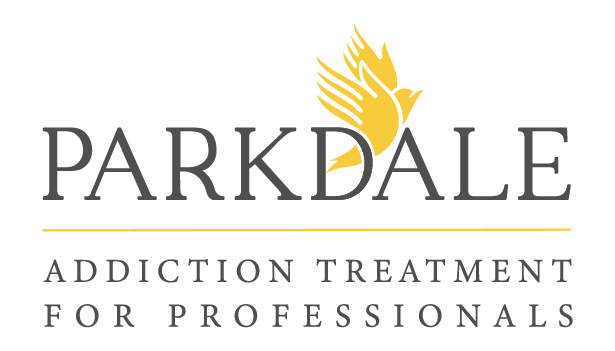When infractions occur, when a citizen violates a law, the justice system often recommends the courts “throw the book” at the imposing offender. After all, this “menace to society” must be taught a lesson so that all may fear and obey the law. And while this may make some sort of temporary impact on said offender and future offenders, it may not always have the lasting impact needed to prevent future offenses.
For some, committing infractions, or at least the involuntary need to commit them, is often the result of being under the influence of drugs and/or alcohol. One need not do the research to see the impact substance abuse has had on our everyday life--from culture to politics and everything in between. The lasting impact this quagmire has created can be attributed to a number of sources, and while it does require a response, the answer for handling these offenses may not always be jail time. In 1989, a team of Floridian criminal justice professionals came together and created the first of what are known today as drug courts. This spawned a nationwide movement.
According to the National Institute of Justice, Drug Courts are defined as: specialized court docket programs that target criminal defendants and offenders, juvenile offenders, and parents with pending child welfare cases who have alcohol and other drug dependency problems. Drug courts are comprehensive alternatives to serving jail time and are arguably more cost effective. They also demonstrate a lower recidivism rate, according multiple studies. (Impact of Drug Courts). Still, despite research, there some who disagree, saying the cost savings, if it exists at all, is minimal. The Federal Government has even been skeptical about creating federal drug courts. However, recently the Department of Justice has been forthcoming about backing further research on drug courts and using elements of it within their own reentry programs. According to everycrsreport.com: In 2017 the President's Commission on Combating Drug Addiction and the Opioid Crisis recommended that DOJ establish a federal drug court in every federal judicial district. Today, specialized drug courts are now being tailored to veterans, juveniles and college students among others. Some facilities are also being opened up to address alcohol and mental health related issues.
There is a growing need for drug courts today considering the rate at which the opioid crisis continues to rise. Research shows that drug courts are an effective means of not only helping the offender avoid jail time and for states to cut costs, but more importantly, to help victims of addiction and substance abuse find freedom. The focus here is about helping people to reject taking a shot in their arm and help them take a new shot at life. Parkdale is a proud to be part of the fight, and we believe in helping others get their life back.
For more info and reference on this topic click here.
And for more topics like this one, visit parkdalecenter.com.
